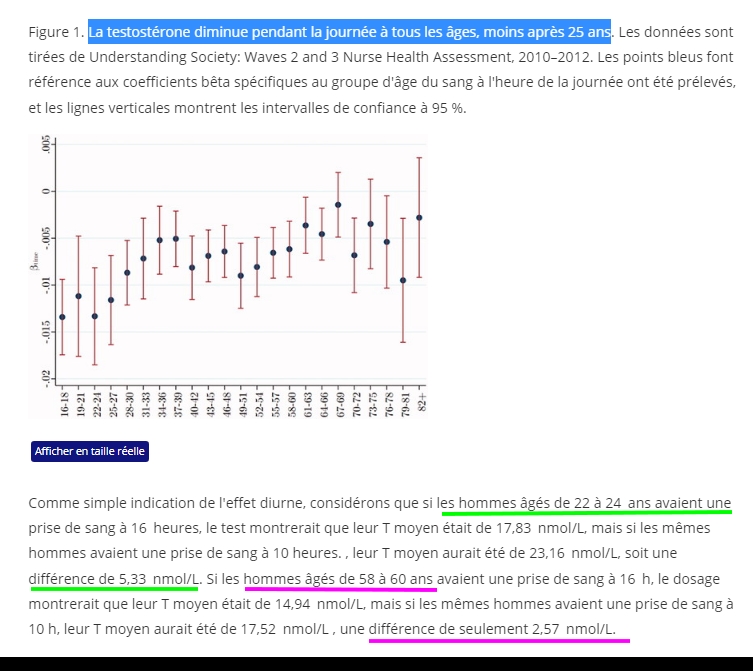Relationship between glucosamine use and the risk of lung cancer: data from a nationwide prospective cohort study
Guowei Li Eur Respir J. 2022 Mar 10;59(3):2101399.
Background: Research on glucosamine shows anti-inflammatory and anti-cancer benefits with minimal adverse effects. We aimed to explore the relationship between use of glucosamine and risk of lung cancer and lung cancer mortality based on data from the large-scale nationwide prospective UK Biobank cohort study.
Methods: Participants were enrolled between 2006 and 2010 and followed-up to 2020. The Cox proportional hazards model was used to assess the relationship between glucosamine use and risk of lung cancer and lung cancer mortality. Subgroup analyses and sensitivity analyses were performed to explore the potential effect modifications and the robustness of the main findings.
Results: 439 393 participants (mean age 56 years; 53% females) with a mean follow-up of 11 years were included for analyses. 82 603 (18.80%) participants reported regular use of glucosamine at baseline. During follow-up, 1971 (0.45%) lung cancer events were documented. Glucosamine use was significantly associated with a decreased risk of lung cancer (hazard ratio (HR) 0.84, 95% CI 0.75-0.92; p<0.001) and lung cancer mortality (HR 0.88, 95% CI 0.81-0.96; p=0.002) in fully adjusted models. A stronger association between glucosamine use and decreased lung cancer risk was observed in participants with a family history of lung cancer when compared with those without a family history.
Conclusion: Regular use of glucosamine was significantly related with decreased risk of lung cancer and lung cancer mortality, based on data from this nationwide prospective cohort study.














